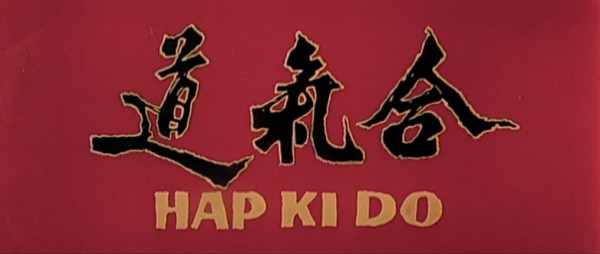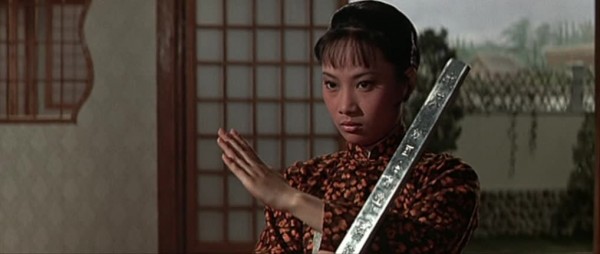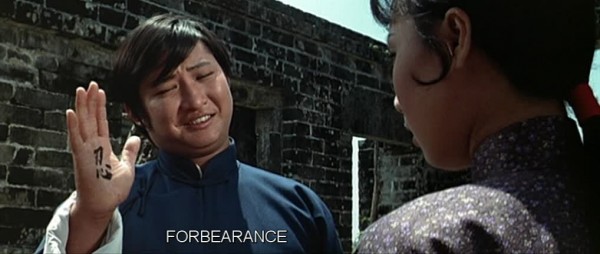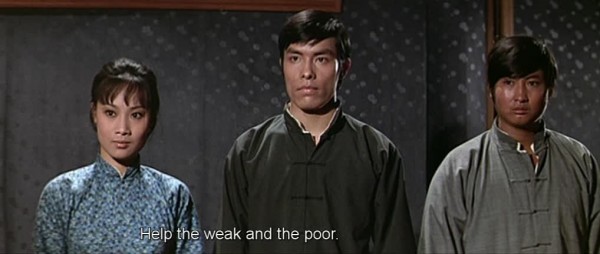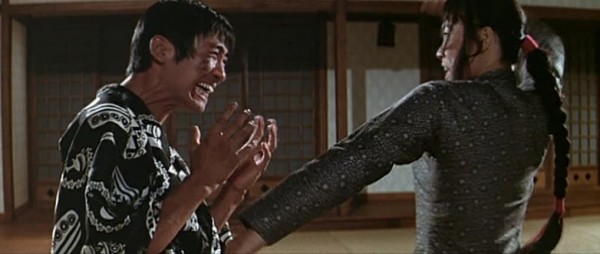
The Fate of Lee Khan
aka 迎春閣之風波 aka Ying Chun Ge Zhi Fengbo

1973
Written by King Hu and Wong Chung
Directed by King Hu

King Hu’s works are amazing, and he is one of the most influential artists in martial arts film history. That being said, The Fate of Lee Khan was made after Dragon Gate Inn and A Touch of Zen, and the biggest flaw is it just doesn’t live up to those classics. It is a good story, full of intrigue and great choreography. But it just feels smaller scale and lacks some of the smaller character moments that a smaller story should have. Lee Khan just doesn’t seem as dangerous as he should be considering he is supposed to be this big ultimate villain. The best way to describe him would be as the mediocre villain of the second film in a super hero series who bridges the gap before the more memorable villain in the third film.
The word is The Fate of Lee Khan was one of two productions of King Hu’s under his company, Gam Chuen (the other was The Valiant Ones). The films were to be distributed by Golden Harvest, who would gain the rights to Lee Khan while Hu would own The Valiant Ones. As usual, Hu’s films fell behind in filming, Lee Khan was barely finished by 1973, while The Valiant Ones wasn’t completed until 1975, and Gam Chuen then petered out.

It is a time when the Mongols have overstayed their welcome and General Zhu leads an army to fight them, spies are rife and everyone is paranoid. Lee Khan is a local overseer of two provinces and prince of the royal family, with his sister Lee Wan-Er as his loyal assistant. He found a member of General Zhu’s army to sell out and leaves to personally receive a map of battle plans. But this leads to opportunity and intrigue at a local inn, as these matters often do…

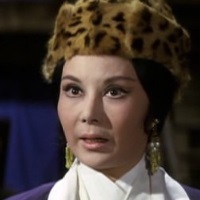 |
Madam Wan Ren-Mi (Li Li-Hua) – Runs the Ying Chun Inn, where Lee Khan is rumored to be staying at when meeting with a traitor that works for rebels. Is friends with benefits of the local governor Magistrate Ha Ra-Ku (Wu Jia-Xiang). Hires the waitresses who are all members of the rebellion, as is she. |
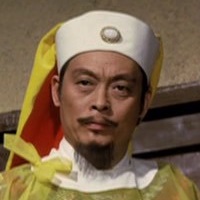 |
Lee Khan (Tien Feng) – Leaves the safety of his palace to personally receive a map of the battle plans of the rebel general (the spy would only deliver to him personally) The map is legit but it is also an opportunity to attack Lee Khan out of the safety of his palace and numerous guards Tien Feng excelled at authoritative villainous roles in the 50s-80s, appearing in films such as Black Falcon, One-Armed Swordsman, Vengeance of a Snowgirl, King Boxer, Fist of Fury, By the 90s he had reduced his screen appearances, though still managed to appear in Green Snake and Sex and Zen. |
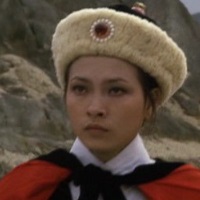 |
Lee Wan-Er (Hsu Feng) – The sister of Lee Khan. Deadly villainess in her own right, including much more of a violent streak of wanting others to die for their crimes than Lee Khan. She seems to be the only person he cares about besides himself. |
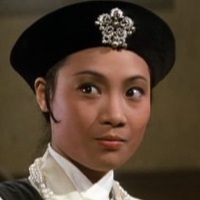 |
Black Peony (Angela Mao Ying) – Waitress dressed in black clothes. A former infamous pickpocket, Black Peony has mended her ways (sort of) by helping the Chinese resistance to the Mongol rule, and becomes a waitress at the Ying Chun Inn. I think she’s the only waitress whose character gets a name spoken on screen. Had her character been born rich, she’d probably be robbing from her rich friends and distributing it to the poor while wearing a super hero mask. For more Angela Mao films TarsTarkas.NET has covered, click on her tag. |
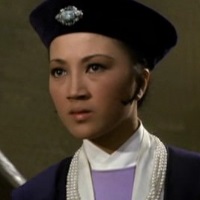 |
Blue Waitress (Helen Ma Hoi-Lun) – A former bandit whose past makes her a poor choice as a waitress, but a good choice for someone you need in a fight. For more Helen Ma films TarsTarkas.NET has covered, click on her tag. |
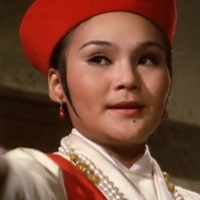 |
Red Waitress (Woo Gam) – A former street performer who now works for the rebels, she is adept with dealing with customers who have naughty hands than the other girls. For more Woo Gam films TarsTarkas.NET has covered, click on her tag. |
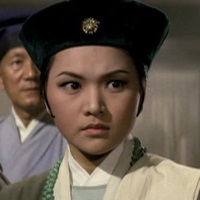 |
Green Waitress (Seung-Goon Yin-Ngai) – The fourth waitress, she’s given the least amount of characterization except her character is hinted to be a con artist. |
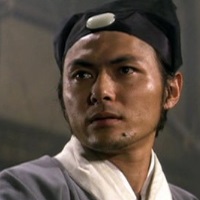 |
Wang Chun (Pai Ying) – A rebel sent to help, pretends to be Madam Wan’s cousin helping look over the books. Pai Ying was also in Dragon Gate Inn, A Touch of Zen, and Lady Whirlwind |
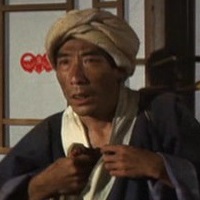 |
Sha Yuan-San (Han Ying-Chieh) – Wandering singer and annoying rebel sent to help pretends to be Wang Chun’s assistant. Another King Hu regular who was in Come Drink with Me, Dragon Gate Inn, A Touch of Zen, and the non-King Hu film Sword of Emei. |
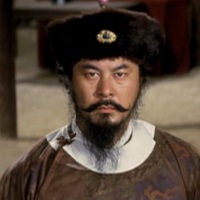 |
Tsao Yu-Kun (Roy Chiao Hung) – High-ranking bodyguard to Lee Khan but also plotting against him. Roy Chiao had a prolific career including The Dark Heroine Muk Lan-Fa, Enter the Dragon, and Bloodsport. |
|

Continue reading →

![]()






